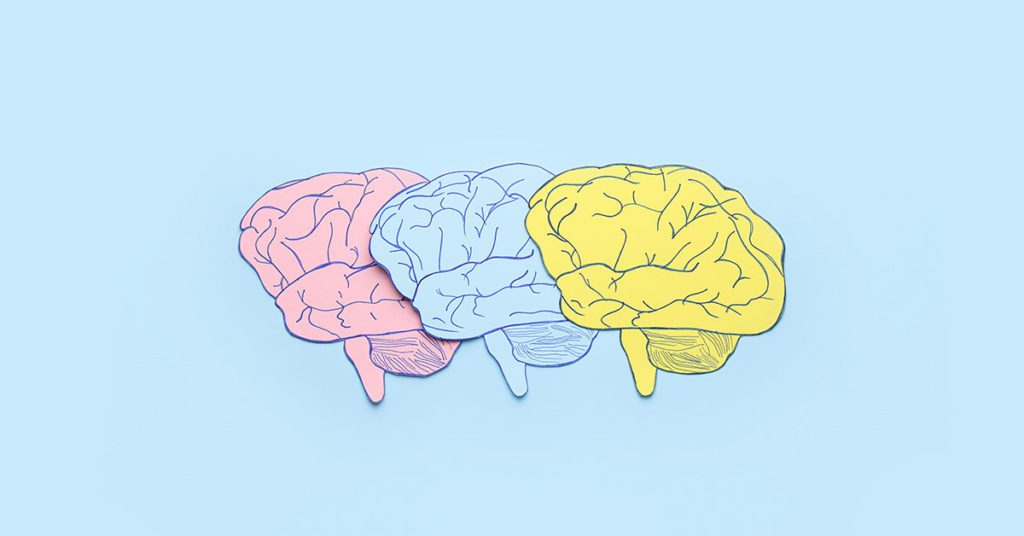


How to Reduce Stress and Feel Your Best
We all have to deal with stress at some point. But, unless you learn techniques to manage it, stress can wreak havoc on your physical and mental health. When you understand how stress affects your mind and body, you can take on healthy habits to help alleviate stress on your system. This article will teach how to reduce stress with simple daily habits backed by science.
What Does Stress Do to the Body?
Stress is our body’s response to danger. It’s a survival mechanism to help you get to safety as quickly as possible. When your body perceives a threat, it kicks into action. This stress response causes chemical reactions and physiological changes that affect every system.
What happens in the body during stress?
- The sympathetic nervous system turns on and releases hormones, like adrenaline and cortisol, to alert the body.
- The heart beats faster, pumping more blood throughout the body, to help you so you can respond and move quickly.
- Your breathing speeds up to send more oxygen and nutrients to the body.
- Blood flow to the surface decreases, and the skin becomes pale so that the body can send more blood to the muscles and brain.
- Pupils dilate, making you more aware of your surroundings.
- The body trembles. Muscles tense and get ready to take action.
All animals use the stress response to get out of danger as quickly as possible. A perceived threat triggers “fight-flight-freeze”—an automatic reaction to determine whether to fight back, run, or stand still to survive.
Humans evolved over 100,000 years ago. It helped our ancestors make quick decisions during life-threatening situations. In modern life, we may not have to run from a wild bear or an angry village rival, but our stress response is the same.
A screeching alarm, running late for work, or unpaid bills, although not life-threatening, can inappropriately trigger the same physical reaction in our bodies.
Our bodies are equipped to handle stress. But over time, long-term chronic stress can cause health problems. If left unmanaged, it increases the risk of almost every disease, from stroke and heart attack to Alzheimer’s. Learning what causes stress in your day-to-day life, and how to manage it, can help you feel your best and avoid those issues later on.
Ways to Reduce Stress
Reducing stress doesn’t have to mean quitting your job and moving to a remote island.
You can’t avoid stress completely. But, you can design your life to minimize situations that stress you out. Stress management strategies can help deal with stress to lead a balanced, healthy life.
- Take inventory
- Breathe
- Remember to rest
- Move your body
- Follow a healthy diet
- Create a toolkit
Take Inventory
A good way to reduce stress is to take inventory. Recognize areas in your life causing frequent stress. Things like long hours at a job, a hectic schedule, or too many notifications on your phone can cause stress. In some cases, you may need to walk away from situations or people causing continued stress.
You can’t always avoid stressful situations. When dealing with more difficult challenges, like a job loss, divorce, or grief, make sure to learn healthy ways to cope. Speaking to a therapist can help navigate high stress levels.
Breathe
To calm your system, Stanford neurologist Dr. Andrew Huberman recommends the physiological sigh—a pattern of breathing with two inhales followed by an extended exhale. Splashing cold water on your face can also slow the heart rate after the stress response. Things like going for a walk, meditating, or taking a bath can also help calm down.
Remember to Rest
A good night’s rest will help tackle stress more easily. Remember to take breaks and get enough sleep, so you feel rested and think clearly. (Doctors recommend that adults get between 7 to 9 hours of sleep each night.)
Move Your Body
If you’ve ever watched National Geographic, you’ll notice animals do a strange thing after a stressful situation. They shake it off! Then they bounce back to normal.
That’s because movement naturally releases tension after a stressful situation. In his book Why Zebras Don’t Get Ulcers, neurobiologist Robert Sapolsky observes how shaking helps release tension, burn excess adrenaline, and calm the nervous system to its neutral state.
You can relieve symptoms of stress with regular exercise. Staying active reduces levels of stress hormones, such as adrenaline and cortisol. It also releases endorphins, “feel good” chemicals produced naturally by the nervous system to cope with pain or stress.
Follow a Healthy Diet
A nutritious diet supports a healthy brain and body. It gives you the energy you need to function at your best and cope with stress. Neurologist Dr. Dale Bredesen recommends a mildly ketogenic, plant-rich, highly nutritive diet. For the best results, follow his Bredesen Diet:
- Avoid added sugars and processed foods
- Eat healthy fats, such as olive oil, avocados, nuts, and seeds
- Eat brain-healthy foods, like fish, eggs, liver, and grass-fed beef
- Eat foods with a lower glycemic index, like leafy vegetables and whole grains
Dr. Bredesen also recommends supplementing your diet with herbs to help cope with stress. You can take Ginkgo biloba to improve memory and brain function. A study also found Ginkgo biloba effective in reducing symptoms of stress.
Create a Toolkit
Keep some go-to habits in mind for stress management so you can handle your body’s response in a healthy way. When you feel stressed, take a step back. Turn to a few go-to habits in your “stress toolkit” to help handle the stress response in a healthy way.
Stress serves a purpose. It helps us respond quickly and survive dangerous situations. But, in the modern world, everyday situations can trigger stress. That’s why taking good care of your health, and knowing go-to stress management strategies, can help avoid the negative effects of stress and support long-term health.
- Tags: Stress


